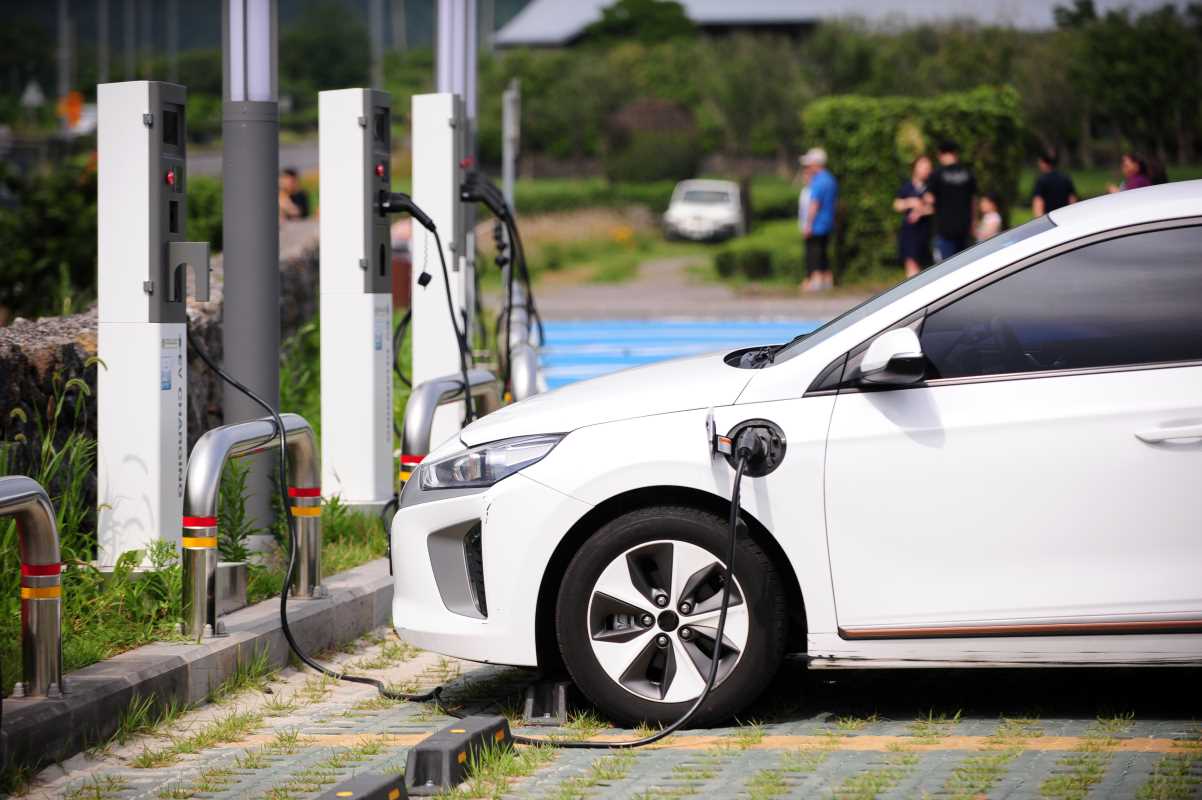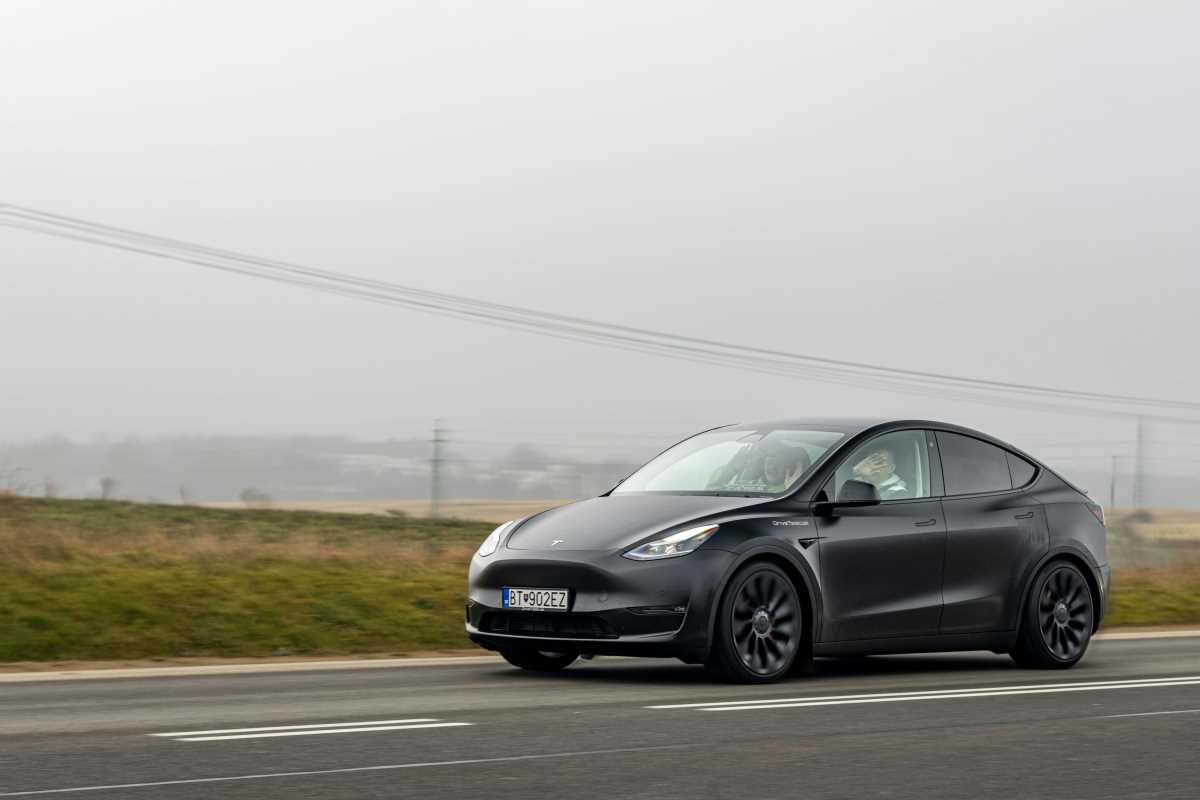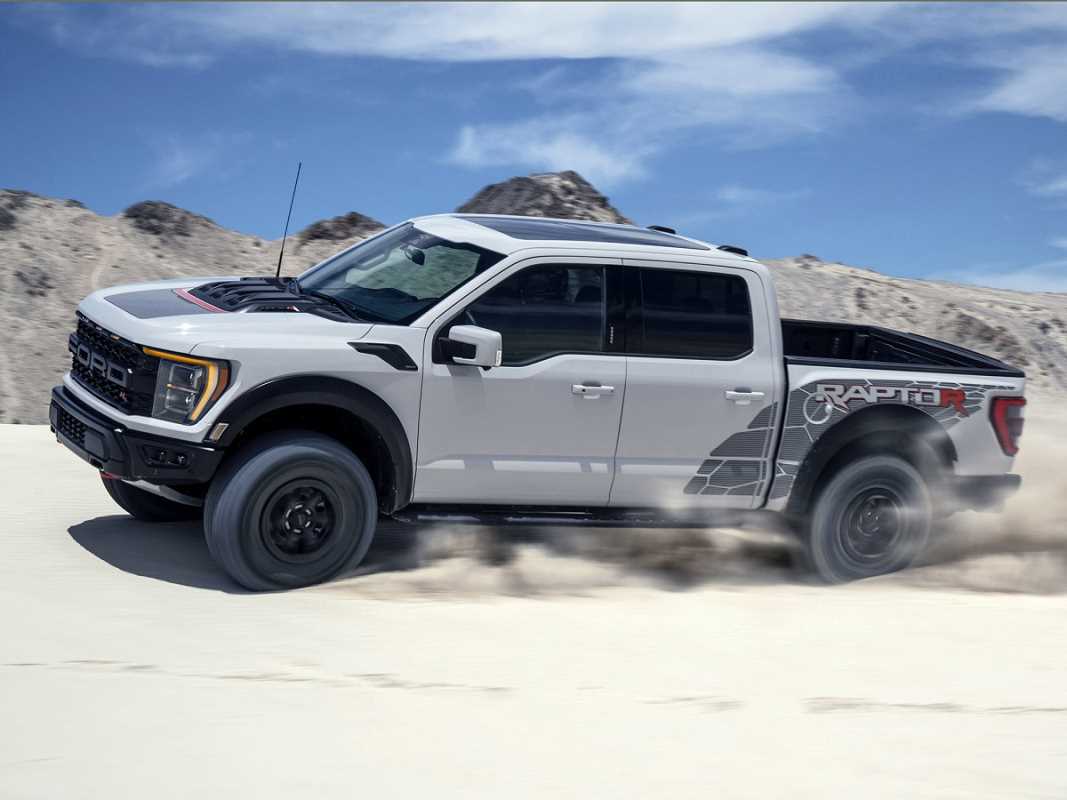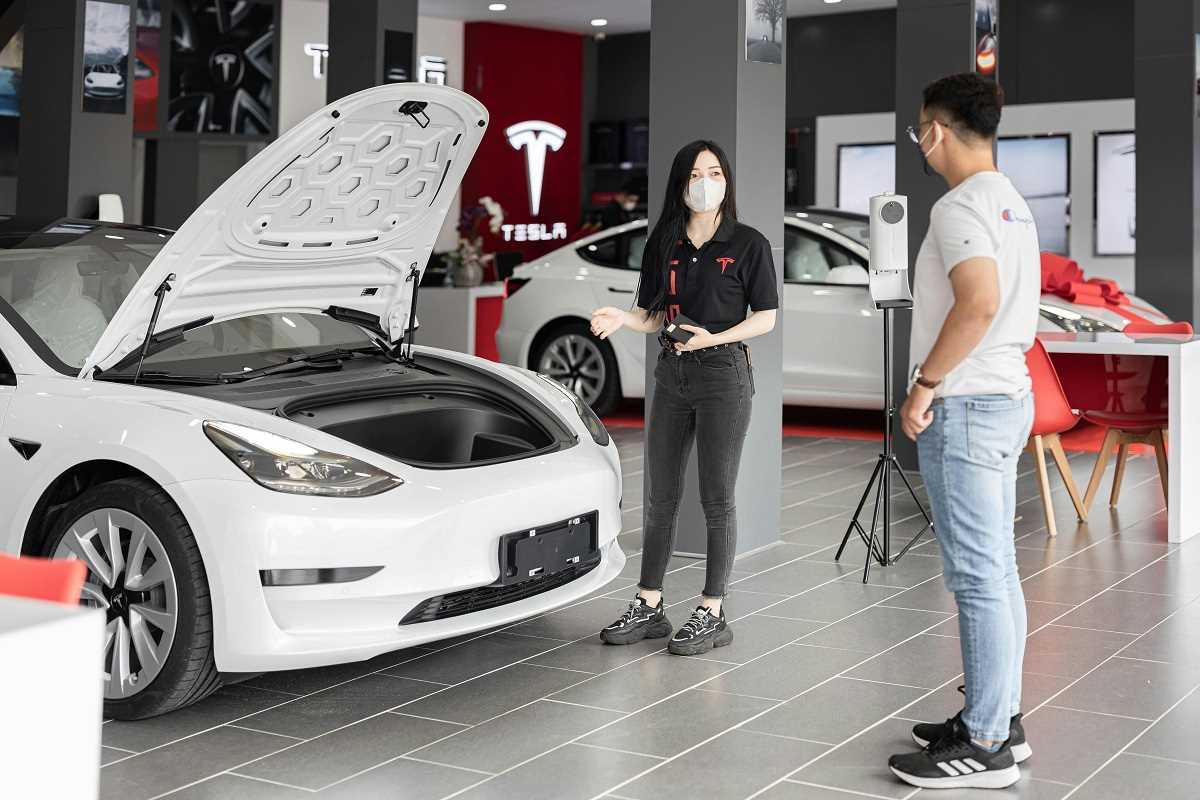Fuel efficiency is a top priority for many car buyers, as it saves you money on gas or charging, but also reduces environmental impact. With advances in hybrid, plug-in hybrid, and electric technologies, the options for fuel-efficient vehicles in 2025 are more plentiful than ever. This FAQ-style guide addresses the most common questions about fuel efficiency and highlights today’s most eco-friendly models.
How Is Fuel Efficiency Measured?
Fuel efficiency is typically measured in miles per gallon (MPG) for gas-powered and hybrid cars, or miles per gallon equivalent (MPGe) for plug-in hybrids and electric vehicles. Here’s how each is calculated:
- MPG: The number of miles a car can travel on one gallon of fuel.
- MPGe: Used for EVs and plug-in hybrids, it converts the energy content of electricity into an equivalent to gasoline for easier comparisons.
- Range for EVs: Electric cars are also evaluated by their range on a single charge, measured in miles.
Why Choose a Fuel-Efficient Car?
Fuel-efficient cars offer a range of benefits, including:
- Lower Costs: Spend less on daily commutes or road trips thanks to lower fuel or electricity bills.
- Eco-Friendly Driving: Reduce greenhouse gas emissions and minimize your carbon footprint.
- Longer Range: Many fuel-efficient models allow you to go further per tank of gas or charge, reducing interruptions during long drives.
- Tax Incentives: Certain hybrids and EVs qualify for federal or state incentives, saving you money upfront.
What Are the Most Fuel-Efficient Hybrid Cars of 2025?
Hybrid cars combine a gas engine with an electric motor to maximize fuel economy. They’re ideal for those who want efficiency without committing to full electric power. Here are the top picks:
1. Toyota Prius
- Fuel Efficiency: 58 MPG city / 53 MPG highway.
- Why It’s Great: The Prius remains the gold standard for hybrids, offering exceptional reliability and efficiency. The latest model features improved aerodynamics and a smoother ride.
- Best For: Economical drivers who want a no-fuss, fuel-saving vehicle.
2. Honda Insight
- Fuel Efficiency: 55 MPG city / 49 MPG highway.
- Why It’s Great: With a sedan design and upscale interior, the Insight combines hybrid efficiency with everyday sophistication. It offers generous legroom and Honda’s excellent build quality.
- Best For: Commuters who value comfort and a luxurious feel.
3. Hyundai Elantra Hybrid
- Fuel Efficiency: 54 MPG combined.
- Why It’s Great: Affordable, stylish, and very efficient, the Elantra Hybrid is packed with tech features like Apple CarPlay and Android Auto.
- Best For: Budget-conscious buyers seeking great value in a hybrid.
What Are the Most Fuel Efficient Plug-In Hybrids (PHEVs)?
Plug-in hybrids bridge the gap between hybrids and fully electric cars, offering limited electric-only range with a gas backup for longer trips. These are some of the most efficient models:
1. Toyota RAV4 Prime
- Fuel Efficiency: 94 MPGe and 42 miles of electric-only range.
- Why It’s Great: This plug-in SUV offers the practicality of a crossover with exceptional efficiency and up to 302 horsepower for spirited driving.
- Best For: Families or individuals wanting versatility combined with eco-friendly performance.
2. Honda CR-V Hybrid Plug-In
- Fuel Efficiency: Estimated 90 MPGe with 40 miles of electric range.
- Why It’s Great: Adding a plug-in variant to the beloved CR-V lineup, this hybrid pairs spacious interiors with outstanding efficiency.
- Best For: Drivers who need a compact SUV for weekday commutes and weekend getaways.
3. Hyundai Tucson Plug-In Hybrid
- Fuel Efficiency: 80 MPGe and 33 miles of electric-only range.
- Why It’s Great: This SUV combines sharp, futuristic styling with practicality and advanced safety features.
- Best For: Those wanting style and capability in a plug-in hybrid.
Which Fully Electric Cars Offer the Best Efficiency?
Electric vehicles (EVs) are leading the fuel efficiency charge, with some models achieving ranges that rival traditional gas tanks. Here are the top EVs in 2025:
1. Tesla Model 3 (Standard Range)
- Efficiency: 132 MPGe with up to 272 miles of range.
- Why It’s Great: Tesla has mastered efficiency, and the Model 3 is a great entry point into their lineup. Seamless integration with Tesla’s Supercharger network adds convenience.
- Best For: Tech-savvy urban commuters.
2. Hyundai Ioniq 6
- Efficiency: 140 MPGe and up to 361 miles of range (RWD variant).
- Why It’s Great: This sleek sedan offers one of the highest MPGe ratings in the EV market while featuring a comfortable, spacious cabin.
- Best For: Drivers seeking maximum range and a stylish design.
3. Chevrolet Bolt EV
- Efficiency: 120 MPGe and 259 miles of range.
- Why It’s Great: Affordable and practical, the Bolt EV remains a favorite among drivers looking to transition to electric power without significant upfront costs.
- Best For: Budget-conscious electric car buyers.
What About SUVs with Great Fuel Efficiency?
SUVs can also be fuel-efficient, offering versatility without sacrificing economy. Here are some of the best options:
1. Toyota Corolla Cross Hybrid
- Fuel Efficiency: 45 MPG combined.
- Why It’s Great: Designed for families, this compact hybrid SUV offers comfortable seats and an efficient hybrid system at a reasonable price.
- Best For: Practicality-minded buyers who need extra space.
2. Ford Escape Hybrid
- Fuel Efficiency: 41 MPG combined.
- Why It’s Great: With a roomy interior and user-friendly infotainment system, the Escape Hybrid is a reliable choice for urban driving and longer trips.
- Best For: Small families in need of an efficient and spacious ride.
3. Kia Niro Hybrid
- Fuel Efficiency: 53 MPG city / 48 MPG highway.
- Why It’s Great: The Niro is versatile, affordable, and designed for efficiency-conscious drivers who prefer the flexibility of a crossover.
- Best For: Those who want an efficient SUV that doesn’t feel bulky.
Are Hybrids or EVs Better for Fuel Efficiency?
It depends on your needs! Here’s how they compare:
- Hybrids: Best for those who want a familiar driving experience with excellent fuel savings. They’re ideal for long trips or areas without a robust charging infrastructure.
- EVs: Perfect for drivers focused on zero emissions and who have consistent access to charging at home or work. They also have fewer moving parts, meaning lower maintenance costs.
How Does Driving Style Impact Fuel Efficiency?
Maximizing your car’s efficiency isn’t just about choosing the right model:
- Smooth Acceleration and Braking: Sudden starts and hard braking waste energy. Drive smoothly to optimize performance.
- Tire Maintenance: Properly inflated tires improve gas mileage or electric range.
- Lighten the Load: Avoid carrying unnecessary weight in your vehicle.
- Use Eco Driving Modes: Many modern cars come with driving modes that prioritize efficiency.
.jpg) (Image source: Toyota)
(Image source: Toyota) 





